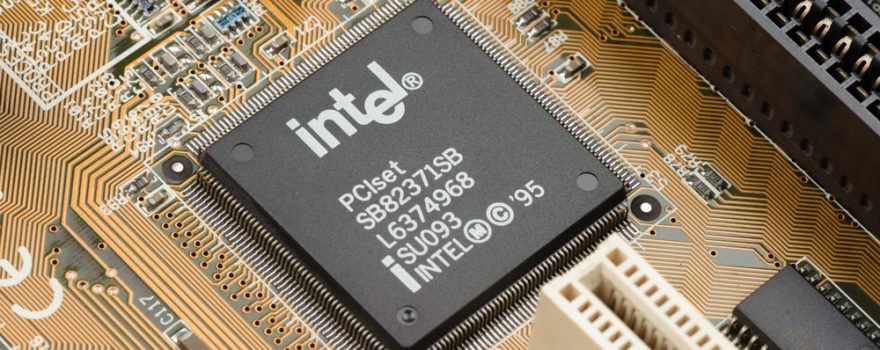
Intel is ramping up efforts to showcase its commitment to U.S. manufacturing and technology, following recent political scrutiny over CEO Lip-Bu Tan’s past ties with Chinese firms. The company recently unveiled its “USAI” campaign, emphasizing domestic advanced manufacturing and strategic partnerships with government and military sectors. The initiative comes as Intel seeks to rebuild confidence among lawmakers and the public, asserting its role as a cornerstone of America’s chip industry. Read more
The USAI narrative highlights Intel’s decades-long presence in U.S.-based chip production, positioning the company as a key player in national security and technological sovereignty. Although Intel has not disclosed all elements of the campaign, details reveal collaborations with the military on AI-related applications, including on-device AI agents for frontline operations. Partnering with EdgeRunner AI, Intel aims to deliver secure, air-gapped AI solutions that operate without internet connectivity, reinforcing both technological and operational reliability.
The move follows Tan’s recent meeting with President Trump, which reportedly helped alleviate some concerns over Intel’s international connections. Despite this, Intel faces pressure to demonstrate more tangible commitments to U.S. interests, especially as competitors like TSMC dominate global chip manufacturing. The USAI campaign seeks to reassert Intel’s strategic importance and reassure stakeholders of its patriotic focus.
EdgeRunner AI shared that these military-focused AI agents will run on Intel chips optimized for field deployment, showing a tangible example of the company’s collaboration with national defense. Observers note that the initiative not only strengthens government ties but also signals Intel’s intention to secure a prominent role in America’s technological future, both in defense and commercial sectors.
Experts see the campaign as a calculated effort to align Intel with U.S. policy priorities and public perception, especially as lawmakers and the Trump administration prepare to announce potential measures affecting the company’s future. By emphasizing domestic manufacturing, strategic partnerships, and military applications, Intel hopes to cement its relevance amid global competition and geopolitical scrutiny.
Employees and engineers have reportedly expressed cautious optimism about the USAI initiative, recognizing the dual pressures of innovation and patriotism. The campaign underscores Intel’s recognition that corporate credibility is increasingly tied to national loyalty in high-tech industries.
Further information about Intel’s USAI narrative and its military AI programs is available at Wccftech.

 Get in Touch
Get in Touch 


